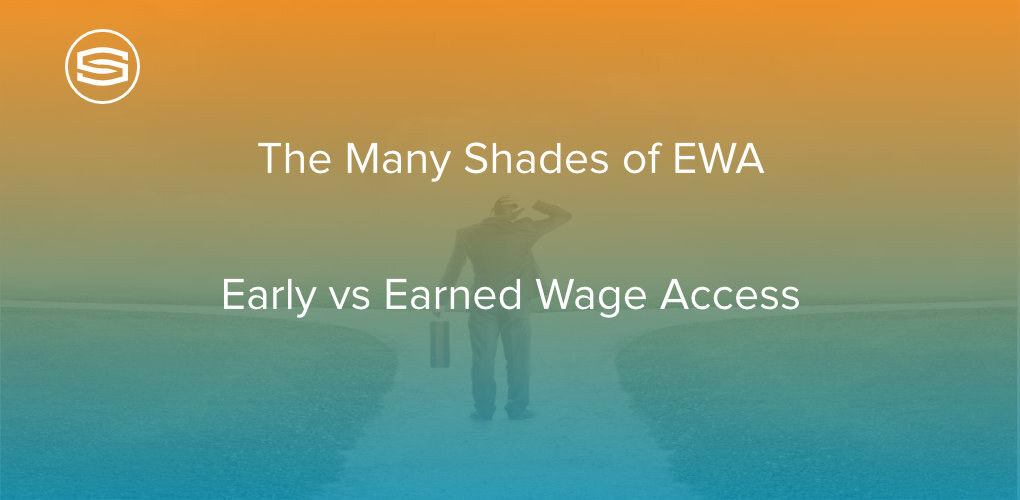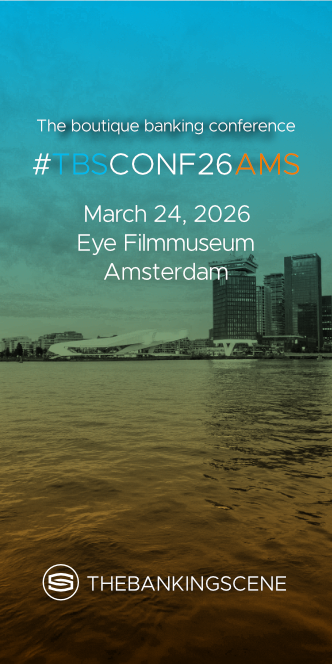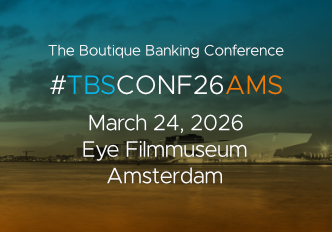
Insights & Opinions
Context Matters: The Many Shades of EWA
Mon, 28 Aug 2023


I have a confession to make and an apology as well.
This week, I experienced a striking example demonstrating how right Leda Glyptis was in her blog titled "Shoes": context matters.
You may remember our Afterwork session and resulting blog on EWA. We invited Rie Sordo De Cock to explain her company Scudi and what they do to improve financial well-being.
It seems I got it wrong ever since: last week, I learned that EWA comes in many shades and colours.
One could be: Ewa is the name for a person, often of Polish origin, and comes for Eva, or Eve, the Hebrew name that means Life, Living One, Alive, also Good News and Life-Giving. Like that in the context of improving financial well-being.
Of course, it has nothing to do with the EWA we discussed.
The context was financial services and wage access.
This week, I learned it could mean two kinds of services, and both give people access to goods or services they wouldn't have access to otherwise. Often sold as a solution to improve financial well-being, the consequences can sometimes be the opposite.
Remember my context: I live and work in Belgium, and Belgium has a less extensive and creative debt culture than, for example, the United States. As a result, EWA is something new in Belgium and most parts of continental Europe.
EWA can stand for Early Wage Access or Earned Wage Access. Both are very similar and written very similar, but the potential impact is entirely different, with sometimes devastating effects for the end user.
Most popular in Anglo-Saxon countries, the Early Wage Access provides people with a sum of money for the time they have or have not worked. Behind the scenes, people using an early wage access service are signing up for a loan. Unsurprisingly, some call it "a Cousin to Payday Loans".
Providers tend to charge up to 5% of the withdrawn amount (equivalent to an effective annualised interest rate of between 60-120%).
This is not what I would call a promising enabler of improved financial well-being, even though it can prevent people from exceptionally touching their savings.
On the other hand, we have Earned Wage Access, also called On-Demand Wage Access, which is different in the sense that people signing up for this service can only withdraw what they earned so far, AND there is no need to pay back the loan since they never signed up for a loan. It is what it says: an early payment of a tranche of the salary. At the regular payday, they are transferred the remaining amount as their salary.
The majority of EWA providers have built an Earned Wage Access service.
As we explained in our earlier blog, Earned Wage Access is perceived as a valuable tool by companies to work on employee's financial well-being. Today, mainly used and promoted in the United States, these services are growing in other regions like Europe, the Middle East and Africa.
The business case for employers to invest in Earned Wage Access Solutions is simple. A study by Map My Plan showed that people under financial stress may spend up to 10% of their time at work thinking about their financial issues, $60 billion translated in concrete numbers. The costs get even worse if the mental stress affects people's physical stress, leading to absenteeism, and worst case, replacement, finding new talent and training them again.
Moreover, job seekers are twice as likely to accept a lower salary at an employer that provides Earned Wage Access.
Although it is clearly not a credit provider, and it can have an absolutely positive effect if used wisely, the fact is that people in financial trouble require structural support to get out of their financial situation. People with structural financial problems will at best only delay thie financial stress with a few days or weeks by getting part of their salary earlier.
To avoid abuse, most providers only allow people to withdraw, for example, up to 60%. Luckily, there are exceptions in the market that have embraced values and ethics for a meaningful transformation.
The industry should go further, though. In that respect, I like Rie's vision: "Creating this financial awareness is at least as necessary as access to early pay", explained Rie Sordo De Cock, Founder and CEO. "The financial awareness that Scudi brings should make people feel more in control of their finances, leading to better financial and general well-being."
With the power of AI and ecosystem thinking, there is much more to be done, like easy detection of people in financial troubles through pattern detections and to connect them with support organisations, example, but that is for another story.
My point of the context is that I kept writing about Early Wage Access in the initial blog when it should have been Earned Wage Access.
One can build your credit score; the other can only build credit.
One safeguards your future savings buffer; the other one affects your future expenses.
One is increasingly adopted by employers as an employee retention tool, and the other one is a Payday loan, increasing financial stress.
So there we go: my apologies for confusing you the last time we spoke about EWA.


